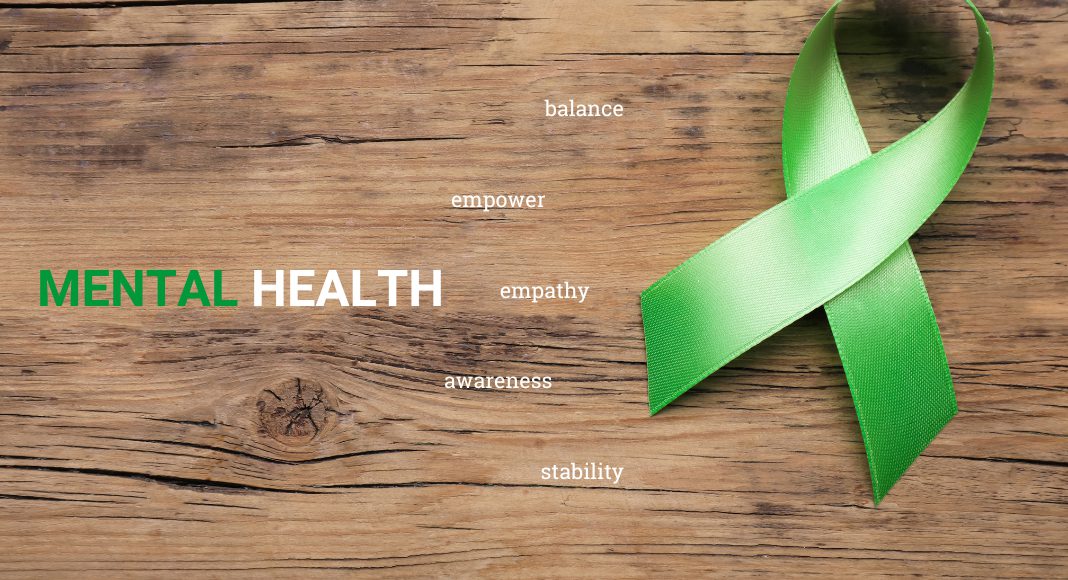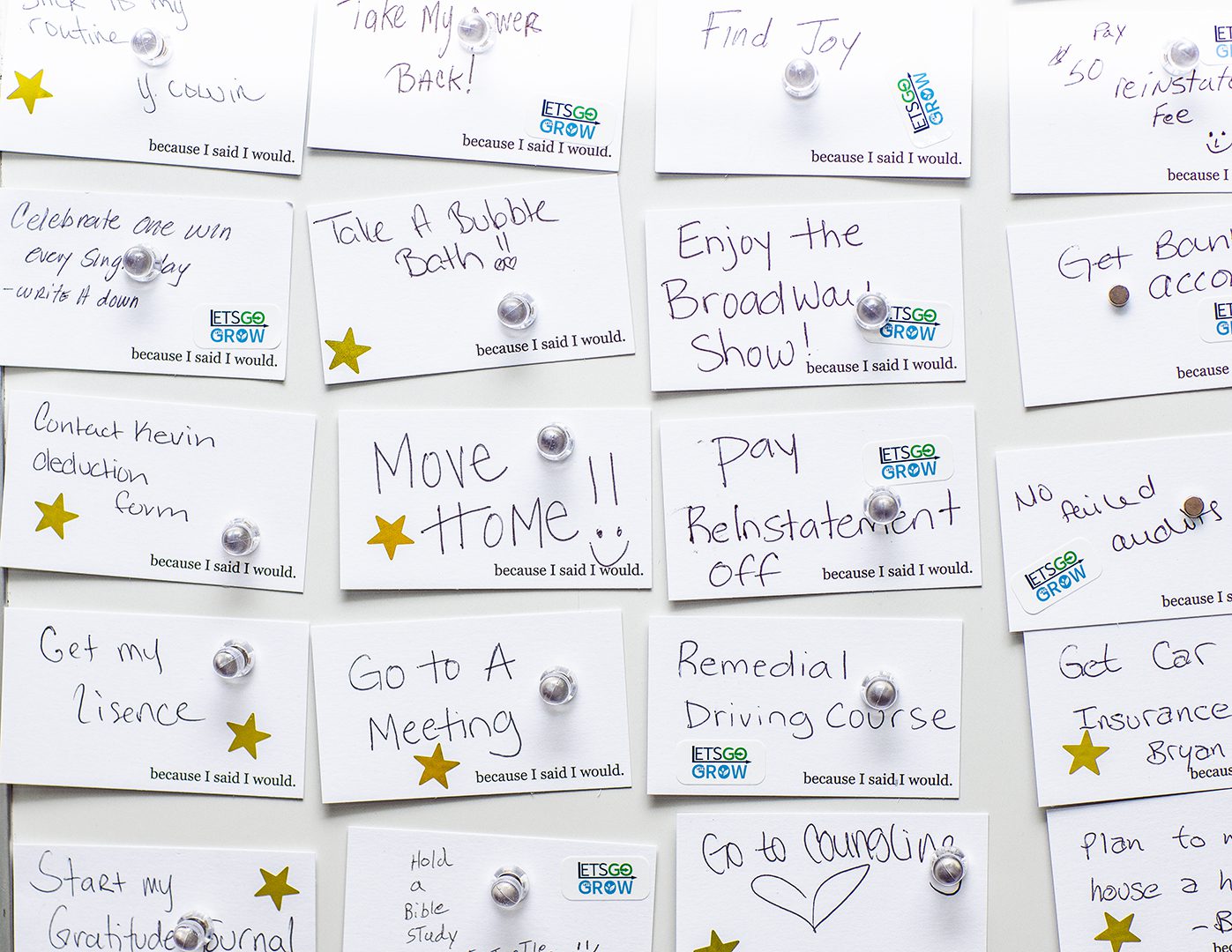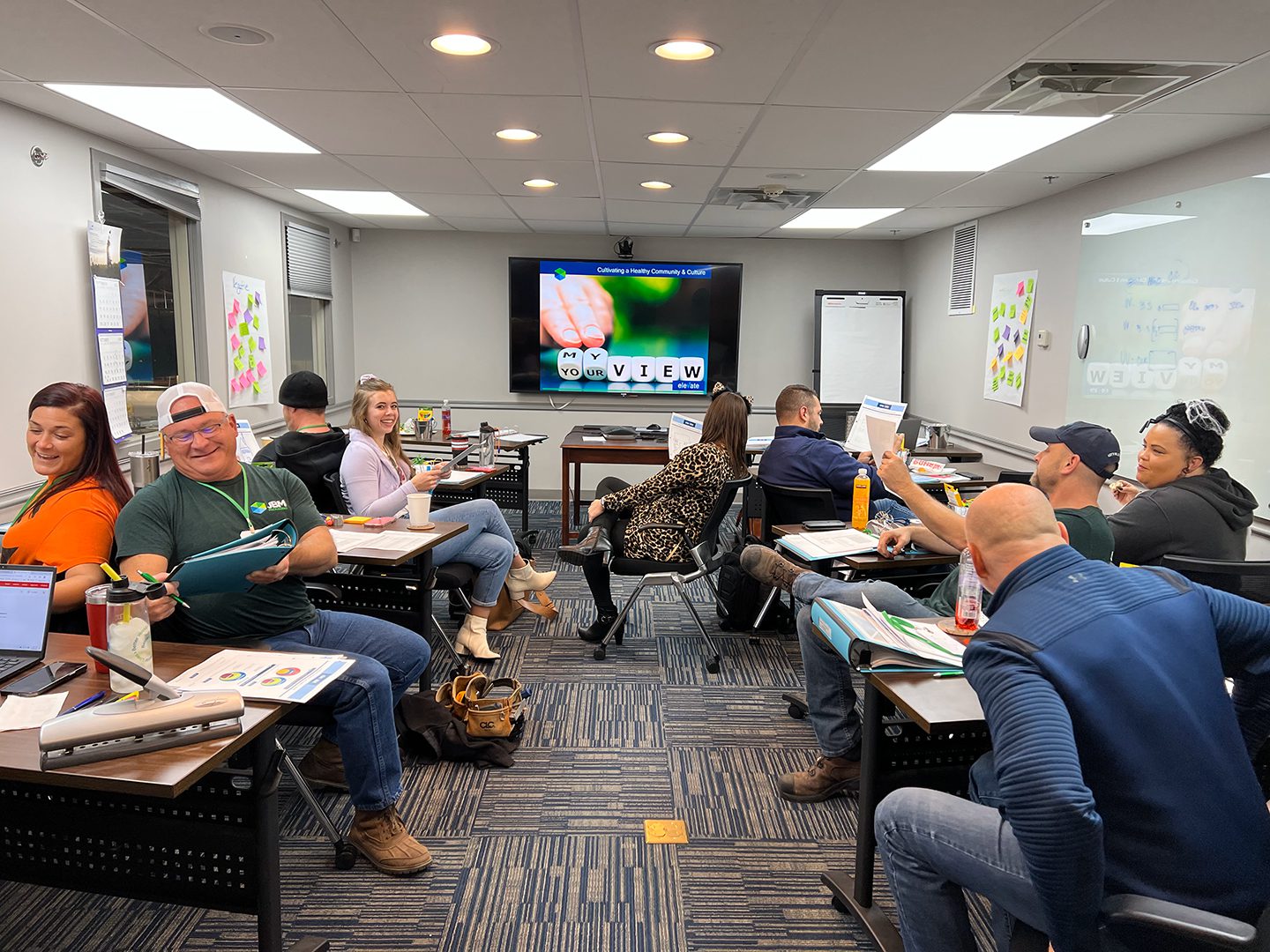Supporting Mental Health in the Workplace
Mental illness is extremely common in the U.S., impacting an estimated one in five adults. With a wide range of conditions and degrees of severity, some individuals receive professional treatment for their conditions and others may experience periodic symptoms. The pandemic accelerated an already growing issue, increasing rates of anxiety, depression and substance abuse disorders.
As we celebrate Mental Health Awareness Month this May, we wanted to share some of the things we’re doing to support mental health at JBM, with the goal of inspiring other businesses to consider the types of resources they offer their team members.
Cultivating a Resilient Workforce
Our company’s purpose is to create better solutions, better lives and a better world. As we look to create better lives, we offer extensive in-house services and partner with many external resources in order to help all team members become the best version of themselves.
Personal growth and development is key to increasing resilience. JBM feels it is essential to invest in this area and, with a workforce of over 170 team members, recently had the need to hire an additional Better Lives Coach in 2022. In-house life coaches walk alongside our team members, providing them with regular support, accountability and encouragement in their personal growth journey.
JBM life coaches help team members set goals and stay accountable.
External resources made available to each team member, at no cost to them, include financial coaching, parent coaching, recovery coaching and our EAP (Employee Assistance Program). In addition to these resources, JBM also works to maintain partnerships with recovery and mental health providers in order to gain quicker access to care for our team members.
The Elevate Leadership Academy
One key approach to creating a more resilient workforce has been to invest in our leaders. Our Elevate Leadership Academy, educates and equips JBM supervisors and leads with the tools that they need to lead others in a post-covid workplace. The curriculum was developed by Valerie Plis, Director of Human Capital and Culture and JBM’s Better Lives Coach and Learning and Development Specialist, Allison Steele, who recognized the increasing need for mental health support for individuals throughout every area of our business.
The Elevate Leadership Academy provides strengths-based, trauma-responsive leadership tools for JBM leaders.
External resources made available to each team member, at no cost to them, include financial coaching, parent coaching, recovery coaching and our EAP (Employee Assistance Program). In addition to these resources, JBM also works to maintain partnerships with recovery and mental health providers in order to gain quicker access to care for our team members.
The Elevate Leadership Academy
One key approach to creating a more resilient workforce has been to invest in our leaders. Our Elevate Leadership Academy, educates and equips JBM supervisors and leads with the tools that they need to lead others in a post-covid workplace. The curriculum was developed by Valerie Plis, Director of Human Capital and Culture and JBM’s Better Lives Coach and Learning and Development Specialist, Allison Steele, who recognized the increasing need for mental health support for individuals throughout every area of our business.
Elevate graduates complete a 20-hour curriculum over six weeks.
Equipping Leaders
Sixteen JBM team members (including seven supervisors and nine leaders from throughout the company) have completed the Elevate program, now in its second year. Tim Aregood, 1st Shift Supervisor, has worked at JBM for 16 years and was a first-year graduate. While his responsibilities of overseeing production have not changed, Elevate helped him understand the importance of helping team members experience “felt safety” on the production floor to help them become their best version of themselves.
“We have team members who come from various backgrounds and have experienced a lot trauma in their life,” he said. “It’s important for our leadership team to build trust and show that we believe in each person.”
Elevate taught Aregood the importance of being intentional with your actions as a leader, he said.
“I can get easily wrapped up in production details, safety, quality, etc., but it’s important that I take the time to talk to people, and ask them how they’re doing. You have to build that trust so people feel safe when they come to work.”
Emily Caton was another first-year graduate of Elevate who was promoted to 2nd shift Operator Lead. When Emily began employment with JBM three years ago, she was transitioning out of a halfway house, navigating life sober and pregnant. She received treatment for substance abuse, but her mental health was unstable as she experienced extreme anxiety while creating her new life. She frequently suffered from panic attacks on the manufacturing floor.
Emily began attending online mental health appointments from a conference room at JBM and received treatment for her anxiety. With ongoing treatment from a professional and continued support from her Better Lives Coach and other leaders at JBM, she continued to grow and flourish in her career at JBM. Now as a leader herself, she talks openly about her struggles, hoping to remove some of the stigma of mental health issues. In addition, she offers help to others on the floor, helping them to be the best version of themselves.
Mental Health First Aid Kits help provide tools for relaxation and anxiety relief.
Tools for Deescalation
In addition to training supervisors with effective skills for creating felt safety at work, supervisors also receive Mental Health First Aid Kits to utilize on the floor. These kits contain items such as stress balls, essential oils and stress reduction exercises that can be utilized to help de-escalate a situation and ground the individual.
“Sometimes you need to remove the person from the floor and go outside for deep breathing, to feel the wind on their face to help them calm down,” said Allison Steele, JBM’s Better Lives Coach. “Sometimes giving the person a piece of candy and just listening helps them focus on the present moment and ground themselves. Small actions can have a big impact on our mental health, and we want our team members to know that we’re here to support them however we can.”
Supporting Mental Health in Your Workplace
What are some things you can do to support mental health in your workplace?
- Start the conversation. The message we try to send to our team members who experience mental health issues is that “it’s okay not to be okay.” Starting the conversation and sharing our stories helps remove some stigma around mental health.
- Make tools readily available. Rather than bury available mental health resources in a policy manual somewhere, print them on a poster or make them available in spaces employees can easily access them, such as a break room or in a bathroom stall. Whether its a number they can call for support or resources to help them recognize and name their emotions, feature materials prominently around the workplace.
- Over-communicate. Engage with team members and ask them how they are feeling. Listen to their responses and follow up with them. Building trust takes time, but it’s equally important to provide individuals with several different avenues for communication so they can find a way to share their feelings and issues comfortably.
- Invest in training. Equip team members with the tools and resources to support each other. By understanding common mental health issues, they can recognize signs of distress and provide appropriate coping strategies.
We’ve found that investing in developing a robust and resilient workforce strengthens our company culture and ultimately makes us a better business.










